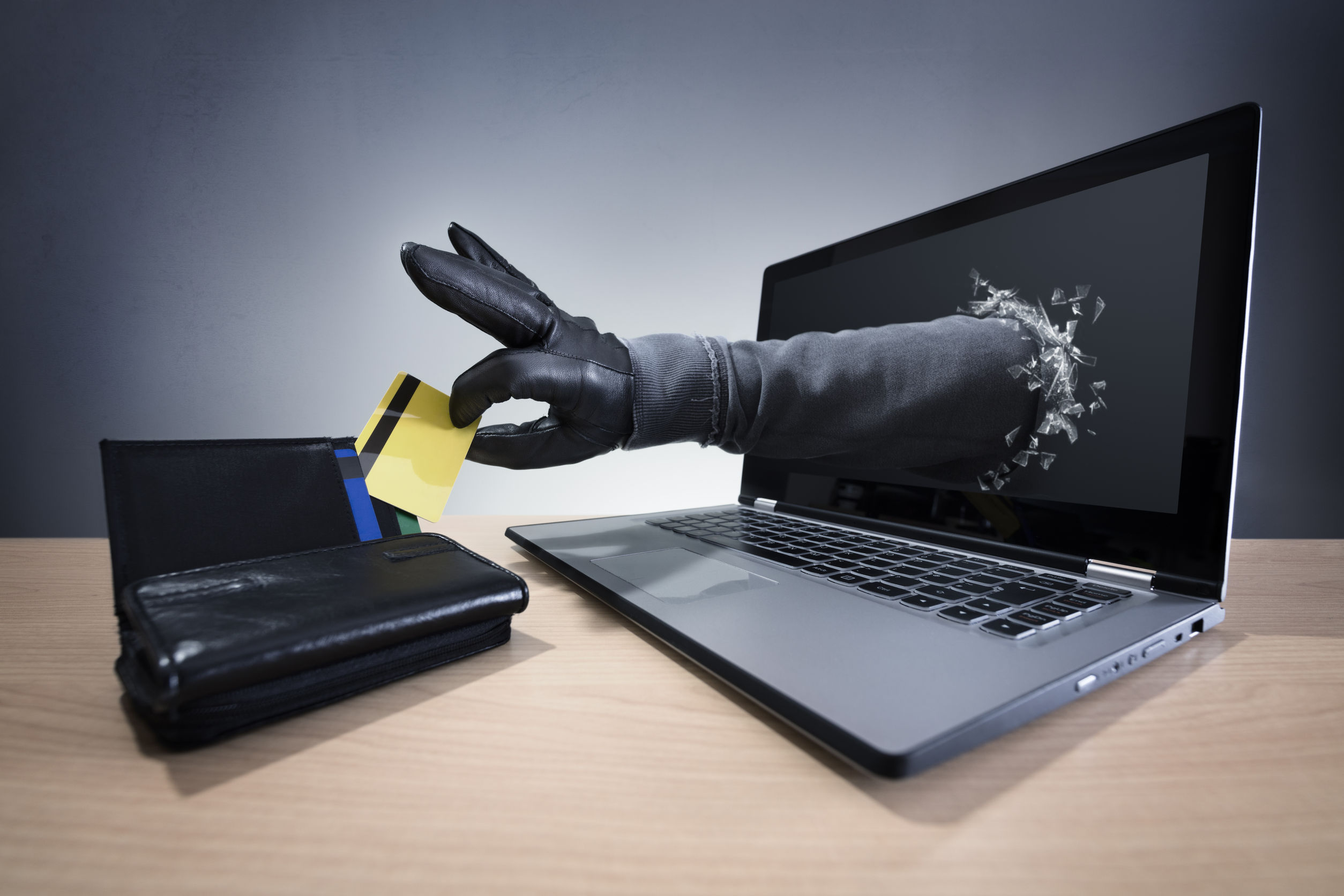
Internet is place when you can met everyone, also Thieves!
Everyday many users of internet who made purchase are victims of the fraud. Aware of this, we are presenting couple steps how to avoid losing your money or most likely – your data. How to protect yourself against internet fraud? Here are couple steps you suppose to take

How to protect yourself against an unfair seller / e-thief?
Seller:
- Check the location of the seller - whether his company is legally registered. If full address is not available on the seller webpage – ask him for it. Then, if possible, check him at local government registry database ex. State registry if he in fact is registered and operating
- Be aware to who are you providing your payment data, ex. Credit Card data. We do not recommend saving your credit card or payment data in the browser. When thief will get access to your’ s browser account, he’ll also get access to your credit card / payment data
- Check how and where the warranty of item of your choice is being implemented
- Use secure payment methods like ex. Credit card payments, where you have possibility to charge back transaction if seller is fraudulent
- Even if using card payments is more secure than bank wire, avoid storing your card data for at your account at seller website. You'll avoid then unauthorised purchases once yours account will be taken by the attacker.
- Avoid stores with 100% positive feedback
Browser / Computer:
- Protect yourself against tracking – purchase in browser’s “Secure Mode”, “Incognito Mode” or “Spy mode”.
- While using VPN is additional level of security for you, many stores are comparing your location to your billing details. If these doesn't match, your transaction can fail. In this case you can temporary disable VPN
- Install plugins to your browser that don’t allow tracking from social pages ex. “Block Facebook” plugin. If thieves will steal your social page database, they can also steal your history browsing data
- Don’t keep digital copy of your documents, especially identity documents in the clouds. Some devices do cloud copies of your pictures without your clear permission. Check your icould, google drive, onedrive and others, and delete your private documents
- In your e-mails don’t use simple passwords containing your name, your family members name, or yours or their birth dates, or any of your personal data, ex. Street, city
- Don’t use same passwords for your e-mail, e-store account, phone password. If thief will know one password, he’ll know all your passwords. To generate and store your passwords safely, you can use applications like keepass
- Make sure your antivirus software is updated and working – check if it’s icon is visible in yours computer status bar
Your smartphone / tabletI
- If you are browsing internet or making purchases from your phone, don’t ignore system updates. They not only make your smartphone faster, add new functions, but also make it safer.
- If your phone got fingerprint scanner, iris scanner, face scanner – use it. Unlocked phone is treasury for thief as we have there everything. Please keep in mind that facescanner is safe only on some Apple or Huawei devices. Others can be tricked easily by ex. Your facebook photo. If your device don’t have 3D IR face scanner don’t use face scanner!
- Make sure you got your service for track your smartphone is active, you can use ex. “Track your phone at Google” iCloud: “Locate your device with Find My iPhone”. Those services, if will be unable to get your phone back, at least can remotely wipe your data, so you’ll not get more loss.
- While rooted and bootloader unlocked devices are giving you more configuration options, using them is less secure than blocked devices.
You can get more information from our consultants:

